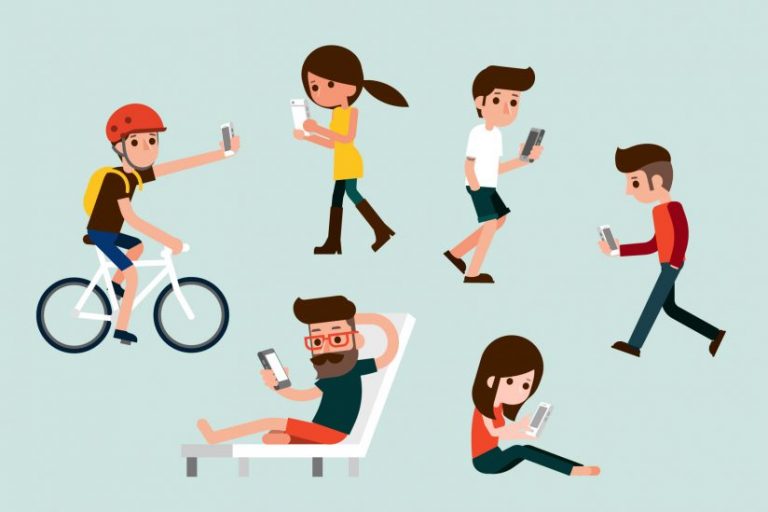
Are you obsessed with the number of likes you scored on social media? Then according to this study you might not fare too well mentally.
Thanks to social media, we are more active in our virtual world than we are in real life. Whether we are out with friends or sitting at home, we are glued to our cell phones. We document almost everything we do, cook, and eat–but not without editing first and adding some filters. While you might be engaging in this behaviour for fun, according to researchers, this can lead to eating disorders.
According to a study, published in the International Journal Eating Disorders, editing and uploading selfies on social media platforms like Instagram, in the hopes of getting more likes, may increase the risk of an eating disorder.
The researchers from Florida State University, US, revealed a consistent and direct link between posting edited photos on Instagram and risk factors for eating disorders.
Posting pictures on social media can give you anxiety
Specifically, digitally-editing pictures to improve personal appearance before posting photos on Instagram increased weight and shape concerns in college students.
Posting photos (edited or unedited) contributed to greater anxiety and reinforced urges to restrict food intake and exercise compared with not posting photos.
“As more people turn to social media to stay connected, it’s critically important to let others see you as you are. Compared with edited photos, we saw no decrease in the number of likes or comments for unedited photos on Instagram; knowing this could reduce harmful pressures to change how you look,” said co-author Pamela K Keel from Florida State University.
This addiction can also lead to depression
Excessive social media use has long been associated with promoting disordered eating patterns as well as other mental health issues.
So, utilising a two-stage design, the present study sought to determine how posting edited photos relates to eating disorders, as well as anxiety and depression symptoms, in male and female college students.
In stage 1, the research team examined concurrent associations between posting edited photos and mental health measures in 2,485 undergraduates (76% female).
While in stage 2, they examined causal associations between posting edited photos and eating disorder risk factors in 80 undergraduates (93% female) who endorsed posting edited photos in Stage 1 and volunteered for the experimental portion of the study.
The findings showed that those who endorsed posting edited photos reported greater disordered eating patterns and anxiety than those who did not, but no differences were found for depressive symptoms.